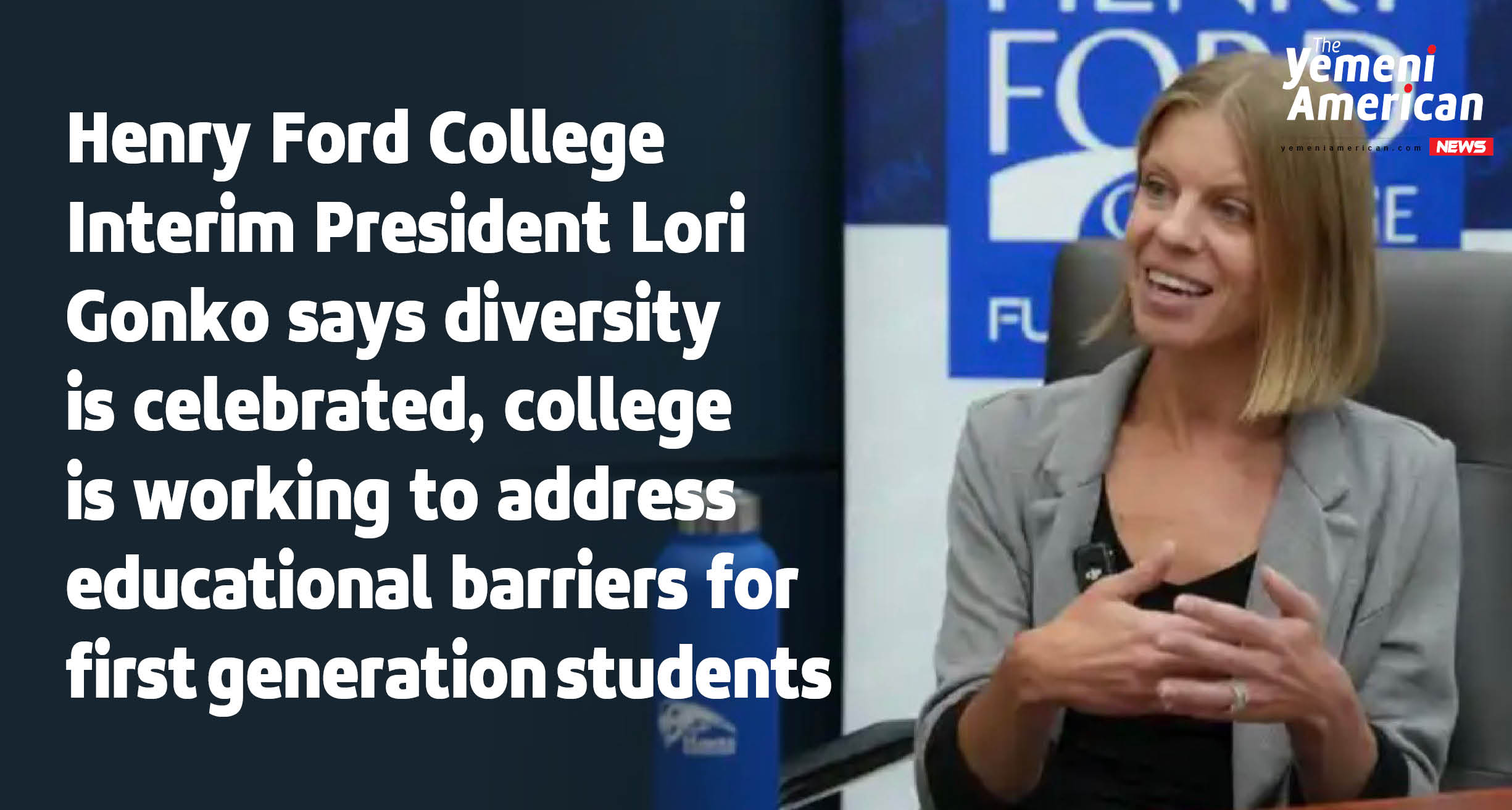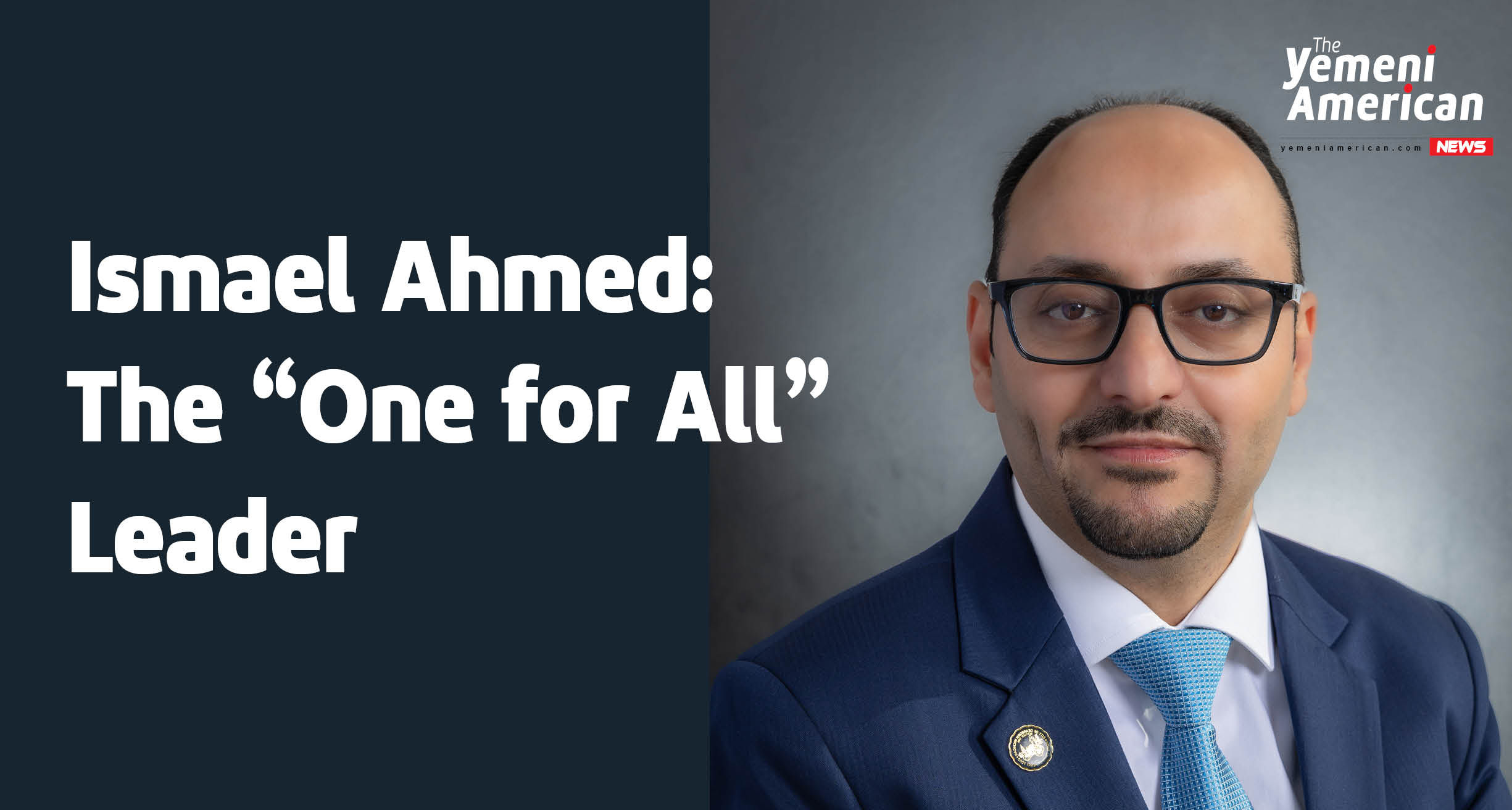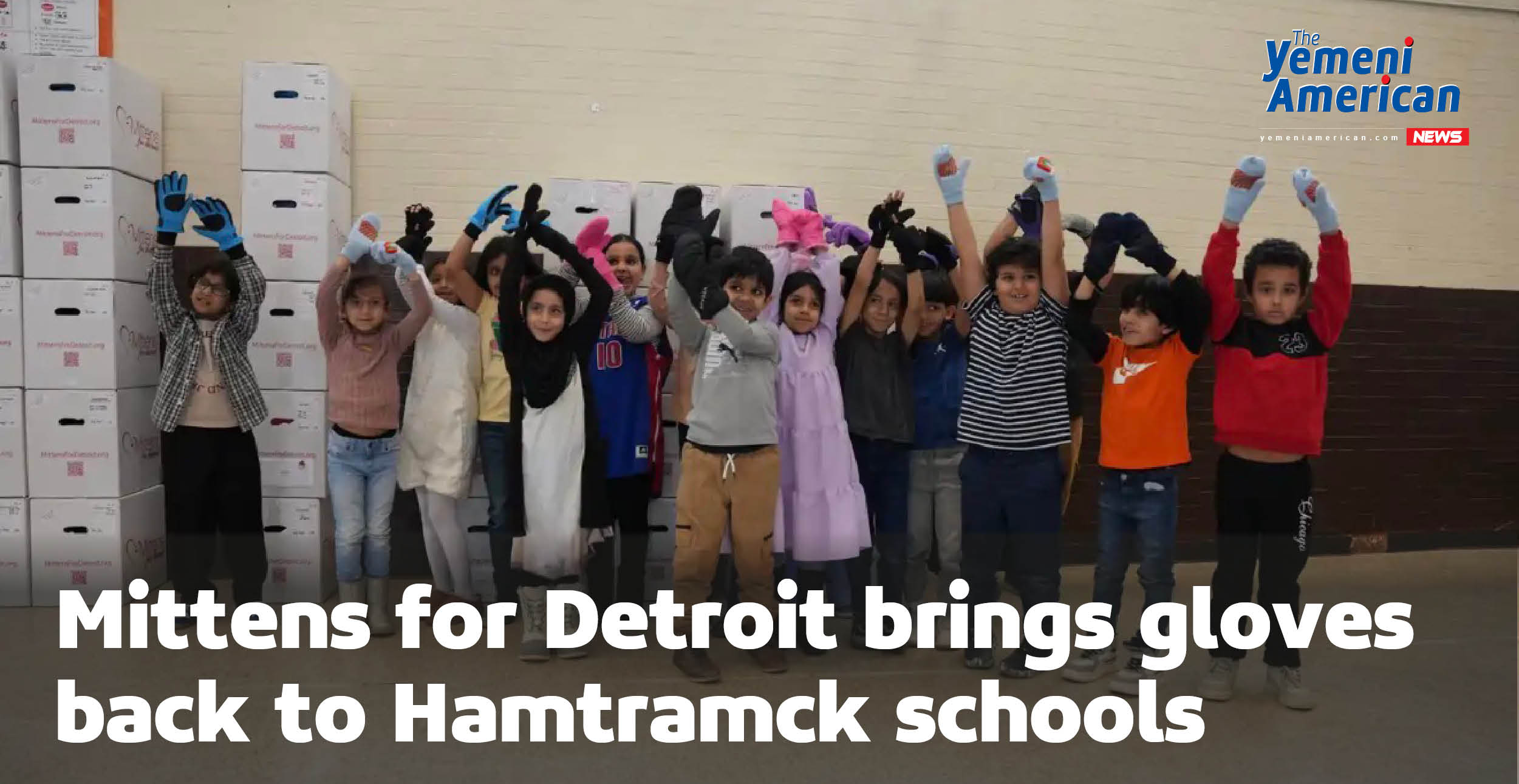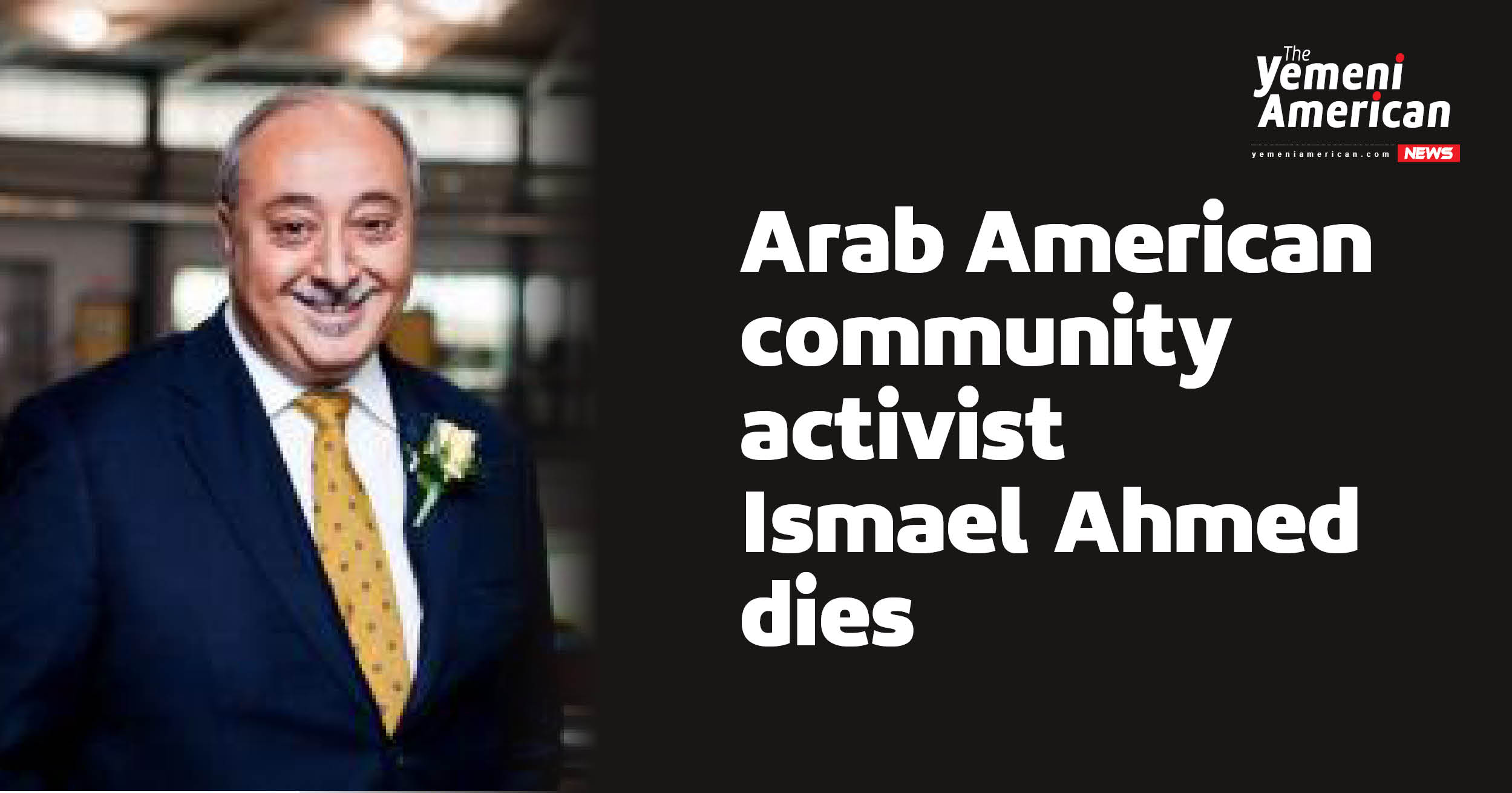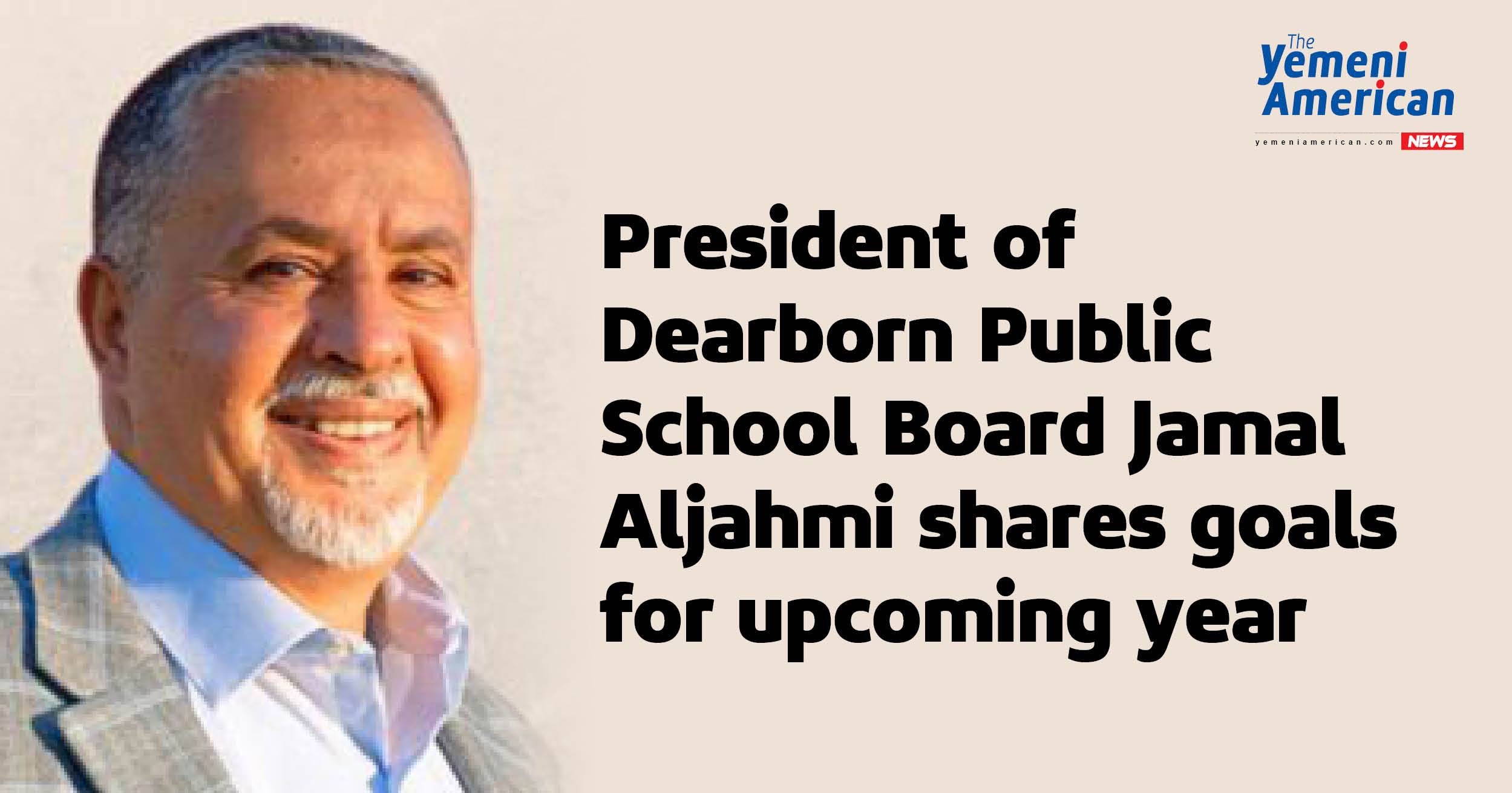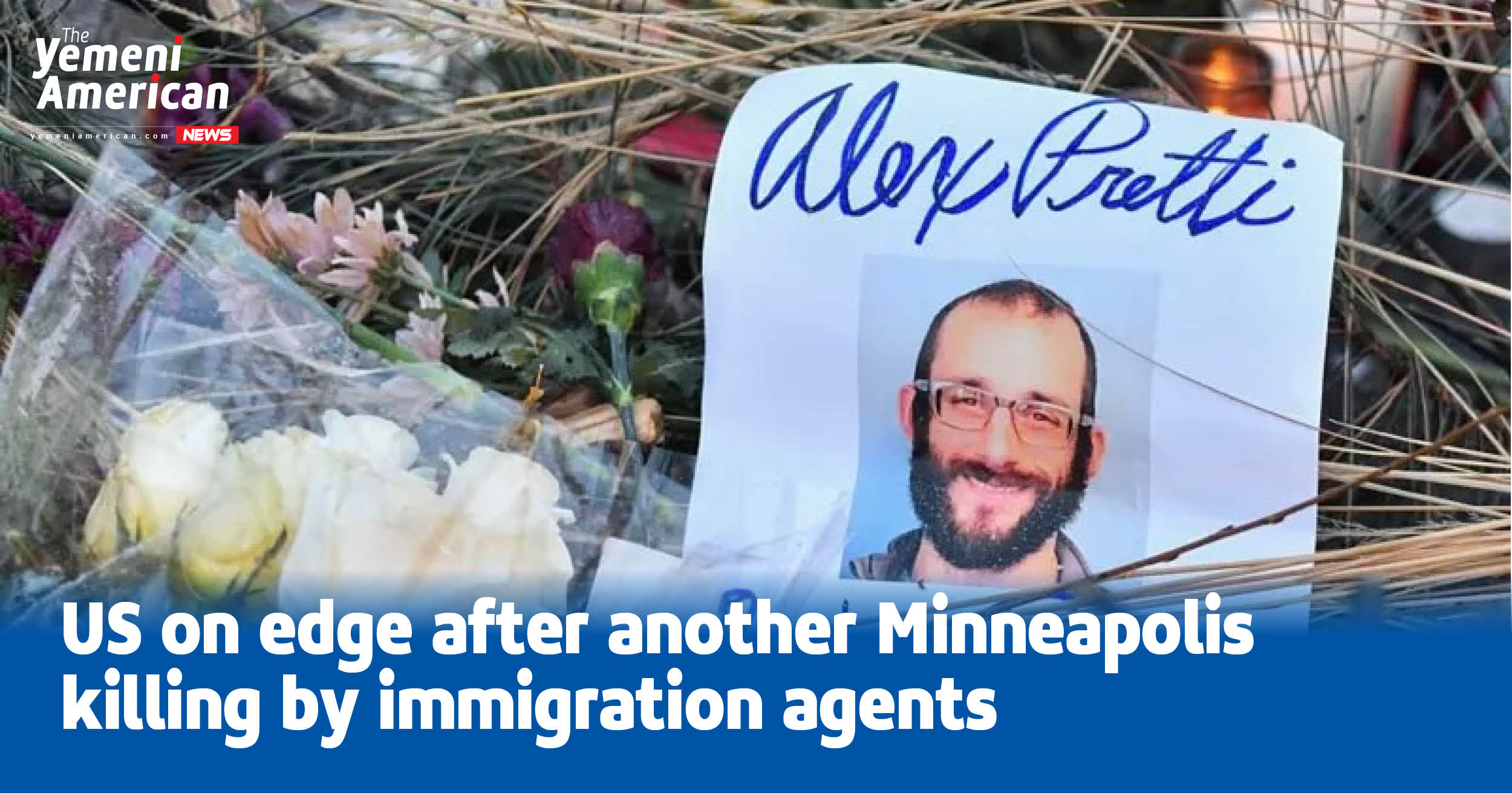Henry Ford College Interim President Lori Gonko says diversity is celebrated, college is working to address educational barriers for first generation students
By Nargis Rahman
Lori M. Gonko, Ed.D. is the new Interim President for the Henry Ford College in Dearborn, replacing former president Russ Kavalhuna. Gonko served as the Vice President of Strategy and Human Resources from 2019 until her appointment as interim president in May 2025.
“I had a bit of a non-traditional start to my community college career,” she shared.
Previously, she worked at Macomb Community College.
“I started as a secretary, administrative assistant at the time to a dean over at Macomb, and so I worked in support staff roles and frontline positions at Macomb for a number of years,” she said.
Gonko worked her way up, while taking classes, hoping to become a high school teacher. Instead, she said she fell in love with the college community landscape and pursued a doctoral program in Community College Leadership at Ferris State University.
In 2012, she began working at HFC in a grant management role.
“What I found so compelling about HFC was the diversity of the student population that we had here and the richness of the programs and of the community,” she shared.
Gonko works to create opportunities for higher education among first generation immigrant students.
“This is something that is woven into the fabric of our current strategic plan here at the institution… focused on student success,” she shared.
Gonko said there are four priorities for students: access, retention, completion and transfer. She said the university is taking a proactive approach to reach out to students who may need extra help, rather than waiting for them to ask.
“We are leveraging technology to be able to help students in advance of when they may even know themselves that they need assistance,” through academic advising she explained.
Gonko said in the last three years, HFC’s academic advising department has doubled.
The college uses a student success score system to track students’ coursework progression, to keep an eye on areas where students may be struggling.
HFC is switching to caseload advising, utilizing advisors to help students in their perspective fields.
“We have academic advisors for specific programs who can very intentionally then help students identify the courses and their pathways, and again, reach out to them to ensure every semester that they are on their path to completion,” she said.
Gonko said there are also efforts to gather data and predictive analytics to indicate where students may need additional support.
“So, for example, we have data that that showcases if a student earns below a C grade in their English class, they are more likely to drop out along the way and not persist through to completion,” she said. “So, we can identify those students and then reach out to them again, proactively and connect them with tutoring with resources.”
The faculty uses the Early Alert system to enter information like when students are missing class or assignments to determine if students may need extra resources such as tutoring.
“We all bring our whole selves and our lives outside of the college into the work that we’re doing here,” she said.
Gonko said HFC is using a holistic approach to support students, leaning on technology to streamline the efforts, “to make the process more efficient and free up our human capital and our personnel here to do that good work that only people can do with other people.”
Creating inclusive and culturally sensitive spaces
Gonko said HFC celebrates its diversity.
“(It) adds such a richness to the student experience here at the college, and given the current national climate, I think it’s more important than ever that we are able to facilitate and ensure that culture of belonging and inclusion for all of our students, regardless of their background,” she said.
Gonko said the Board of Trustees created a welcoming college statement in 2016, to affirm and welcome students, which has been incorporated into the institutions’ mission statement, values and strategic plan.
“Our current strategic plan is focused on student success, but it’s also on closing equity gaps within our student population, ensuring that students from all walks of life are able to succeed,” she expressed.
To support students, Gonko said the college has cultural, religious and academic based student groups – like the Yemeni Student Association and Muslim Student Association – to create spaces for students to connect with like-minded people.
Another measure to support students is through hiring more faculty and staff who reflect the student body.
“We also recognize that students feel a greater sense of belonging when they can see themselves reflected in the staff and in the faculty at the institution,” she said.
Gonko said the college is hiring from a diverse pool of applicants for positions, among admissions, the recruiting team and academic advising.
Community colleges playing a role in a brighter future
Gonko said community colleges are working to help students attain a living wage upon graduation.
“The last thing that we want to be doing here is educating our students into poverty, if you will, by having them come here, pay tuition and then walk away without being able to connect them into a career that is going to help support their families,” she said.
Gonko said HFC staff monitors the local economy and workforce to create programs and coursework which match the demands of the industries.
“We also don’t want to be graduating 100 students in a field where there’s only 10 job openings, so we’re trying always to do that monitoring and that work through labor market data, and then through continuously examining our catalog of programs here and ensuring that they are in alignment with what is needed within the regional economy,” she said.
HFC is offering small business and entrepreneurship certificates for shorter term programs.
Many Yemeni Americans enter healthcare fields and manufacturing jobs.
HFC has created apprenticeship programs in allied health fields, “where students are able to work and be earning money while they’re going through their coursework as well,” Gonko said.
HFC has a partnership with Corewell Health for nursing.
“It’s a guaranteed employment opportunity as well, where students go through our program, they simultaneously work at Corewell, and then they’re guaranteed at least a two-year contract to maintain their position upon graduation, all while Corewell is helping to offset the cost of their tuition,” she said.
Students who qualify can get up to $9,380 per student in scholarships.
In manufacturing, the college received a $3.1 million grant toward workforce development programs in manufacturing. Through HFC’s early college advanced manufacturing program, students can get into that pipeline as early as high school and complete a high school diploma as well as their degree simultaneously,” she said.
“We really pride ourselves here on the fact that we are delivering such high-quality education to some of the students who have been marginalized in the past,” she said.


